![]()
Unraveling the Enigmatic Tale of Hank Williams’ Timeless Anthem: The Intriguing Backstory of “Lovesick Blues”
Step into the extraordinary world of country music legend Hank Williams as we delve into the captivating narrative behind his iconic song, “Lovesick Blues.” In a career that spanned a mere six years, Williams captured the hearts of fans like no other artist of his time. Amidst a landscape dominated by esteemed names such as Ernest Tubb, Hank Snow, and Eddy Arnold, Williams effortlessly rose above the rest, leaving audiences mesmerized. He possessed a rare gift for channeling his own heartache and despair into hauntingly beautiful songs that resonated with a universal emotional depth. While basking in the brightest spotlight, Williams roamed the darkest of streets, forever etching his name in the annals of country music history.
Despite his profound impact, Hank Williams faced personal demons, battling alcoholism and hopelessness. Yet, even amidst his struggles, his brilliance shone through. His music transcended his own troubled existence, reaching beyond the realm of country to influence the birth of rock and roll. Williams, a member of the Rock and Roll Hall of Fame, unknowingly became a pioneer of the rockabilly style, fusing gospel, blues, and country with the soulful sounds of rural black music.
By pouring his pain into his music, Williams reshaped the landscape of popular songs, weaving poignant lyrics with heartfelt melodies that continue to captivate audiences. His ability to turn a phrase, paint vivid pictures, and compose awe-inspiring melodies was unparalleled. However, the irony lies in the origin of his first major hit, “Lovesick Blues.”
Williams recorded “Lovesick Blues” primarily because it was a favorite among the Louisiana Hayride crowd, a nationally renowned country show with which he was associated. Whenever he performed this song, the audience erupted with enthusiasm, rendering it a concert favorite. However, as Williams stepped up to the microphone in Cincinnati’s Herzog Recording Studio on December 22, 1948, not everyone foresaw the immense success that awaited this recording. Surprisingly, his mentor, Fred Rose, who had guided his career from the beginning, despised the song and failed to recognize its potential.
During this time, Williams had yet to achieve significant stardom. He had released just three singles for MGM, with only modest chart success. His publishing company, Acuff-Rose, had little incentive to promote “Lovesick Blues,” as it was not an original composition penned by Williams himself. However, Williams convinced Acuff-Rose that he owned the rights to the song, prompting them to proceed with its publication. It was only after the release of Williams’ rendition that Acuff-Rose discovered the true rights holder, a New York publisher named Mills Music.
The origins of “Lovesick Blues” trace back to vaudeville pianist Cliff Friend, who drew inspiration from lovesick World War I soldiers yearning for letters from their sweethearts. Friend’s lyrics, combined with the melodic talent of Irving Mills, a Russian-born band leader, transformed the song from a bluesy Broadway number into a country music masterpiece. Various artists attempted to make the song a hit, but it wasn’t until Rex Griffin’s country-infused yodeling version in the late 1930s that its potential began to materialize. Hank Williams, having been misled into believing the tune was original, purchased all rights to “Lovesick Blues” for a mere $100. Only later did he discover the truth.
Despite initial doubts and challenges, Williams’ rendition of “Lovesick Blues” gained momentum, soaring to the top of the charts and cementing his status as a national sensation. The Grand Ole Opry, previously hesitant due to Williams’ personal struggles, could no longer ignore his immense popularity. On June 11, 1949, Williams made his debut on the renowned show, leaving an indelible mark on its history. The evening proved nothing short of extraordinary, as Hank received thunderous applause and was called back for six encores, an unprecedented feat.
Ultimately, it was Hank Williams’ own compositions that secured his place as an immortal music icon. However, the remarkable irony of how “Lovesick Blues” propelled him to fame remains one of the most intriguing tales in country music history. This fusion of a humble farm boy from Alabama and the creative genius of blues and jazz composers from New York City created an unlikely harmony that forever resonates in the hearts of music lovers worldwide.
In 2004, Hank Williams’ legendary recording of “Lovesick Blues” earned a prestigious spot in The Library of Congress’ “National Recording Registry,” solidifying its place among the timeless treasures of American music.
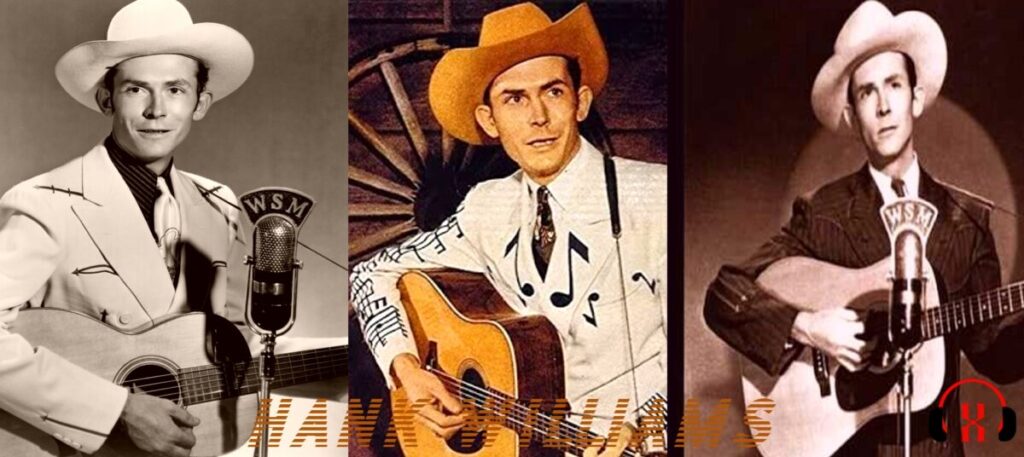
Released: 1949
Artist: Hank Williams
Featured artist: Leon Redbone
Album: Moanin’ The Blues (Expanded Edition)
Genre: Country
Lyrics
I got a feelin’ called the blues, oh Lord
Since my baby said goodbye
Lord, I don’t know what I’ll do
All I do is sit and sigh, oh Lord
That last long day, she said goodbye
Well Lord, I thought I would cry
She’ll do me, she’ll do you
She’s got that kind of lovin’
Lord, I love to hear her when she calls me sweet da-a-addy
Such a beautiful dream
I hate to think it’s all over
I’ve lost my heart it seems
I’ve grown so used to you somehow
Well, I’m nobody’s sugar daddy now
And I’m lo-o-onesome
I got the lovesick blues
Well, I’m in love, I’m in love with a beautiful gal
That’s what’s the matter with me
Well, I’m in love, I’m in love with a beautiful gal
But she don’t care about me
Lord, I tried and tried to keep her satisfied
But she just wouldn’t stay
So now that she is leavin’
This is all I can say
I got a feelin’ called the blues, oh Lord
Since my baby said goodbye
Lord, I don’t know what I’ll do
All I do is sit and sigh, oh Lord
That last long day she said goodbye
Well Lord, I thought I would cry
She’ll do me, she’ll do you
She’s got that kind of lovin’
Lord, I love to hear her when she calls me sweet da-a-addy
Such a beautiful dream
I hate to think it’s all over
I’ve lost my heart it seems
I’ve grown so used to you somehow
Lord, I’m nobody’s sugar daddy now
And I’m lo-o-onesome
I got the lovesick blues
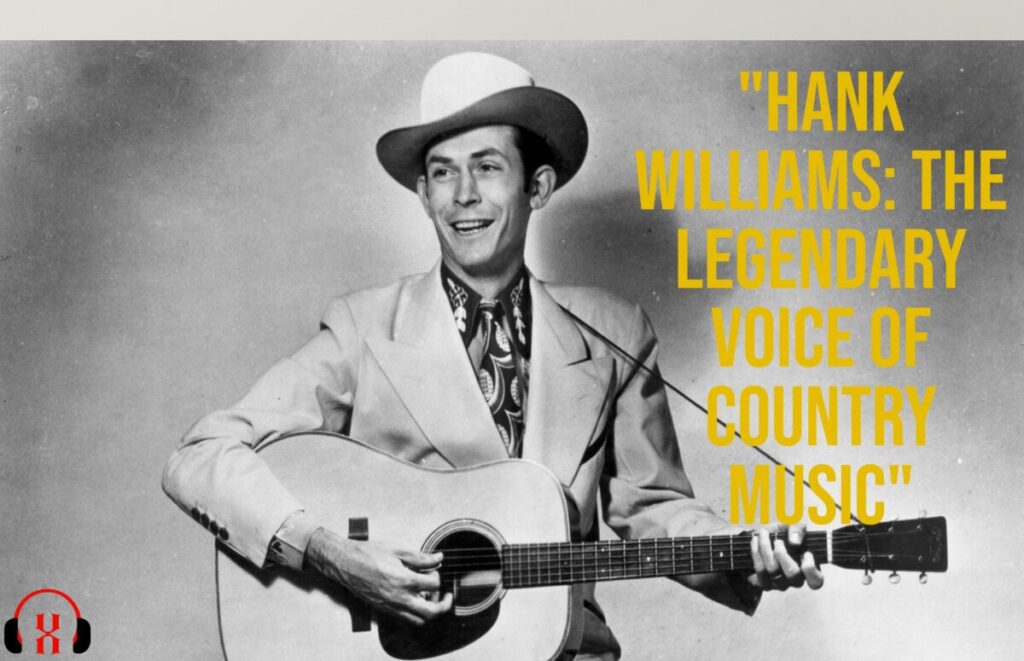



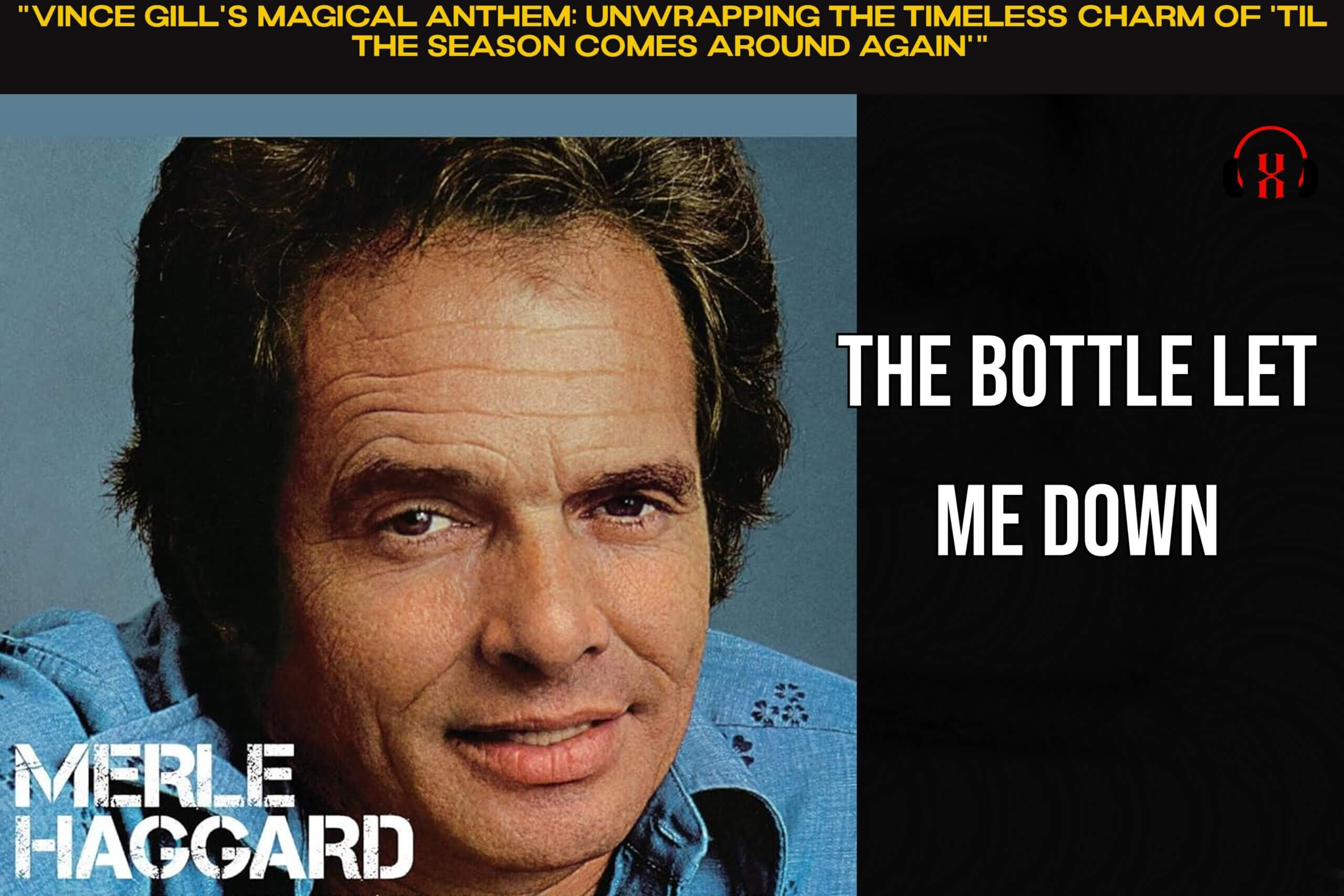
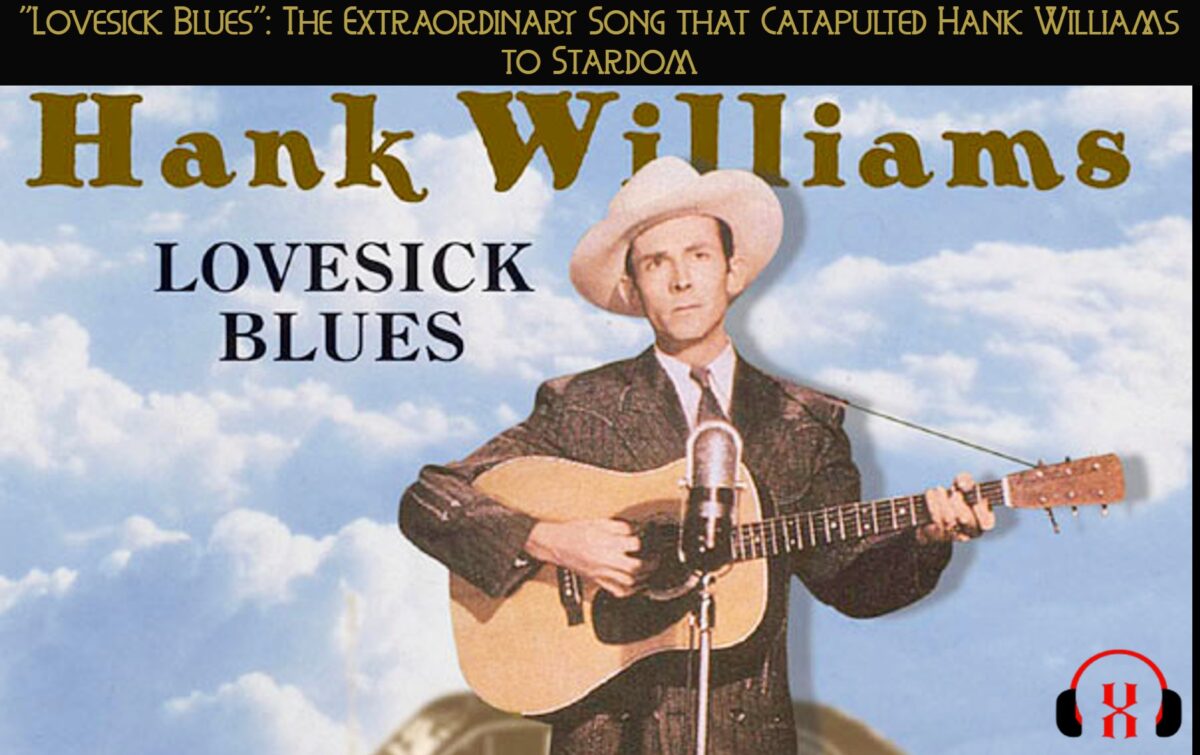
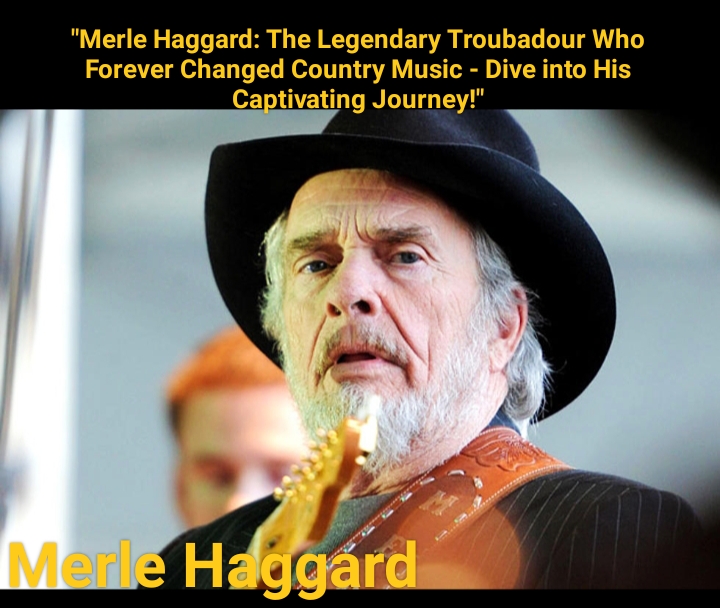
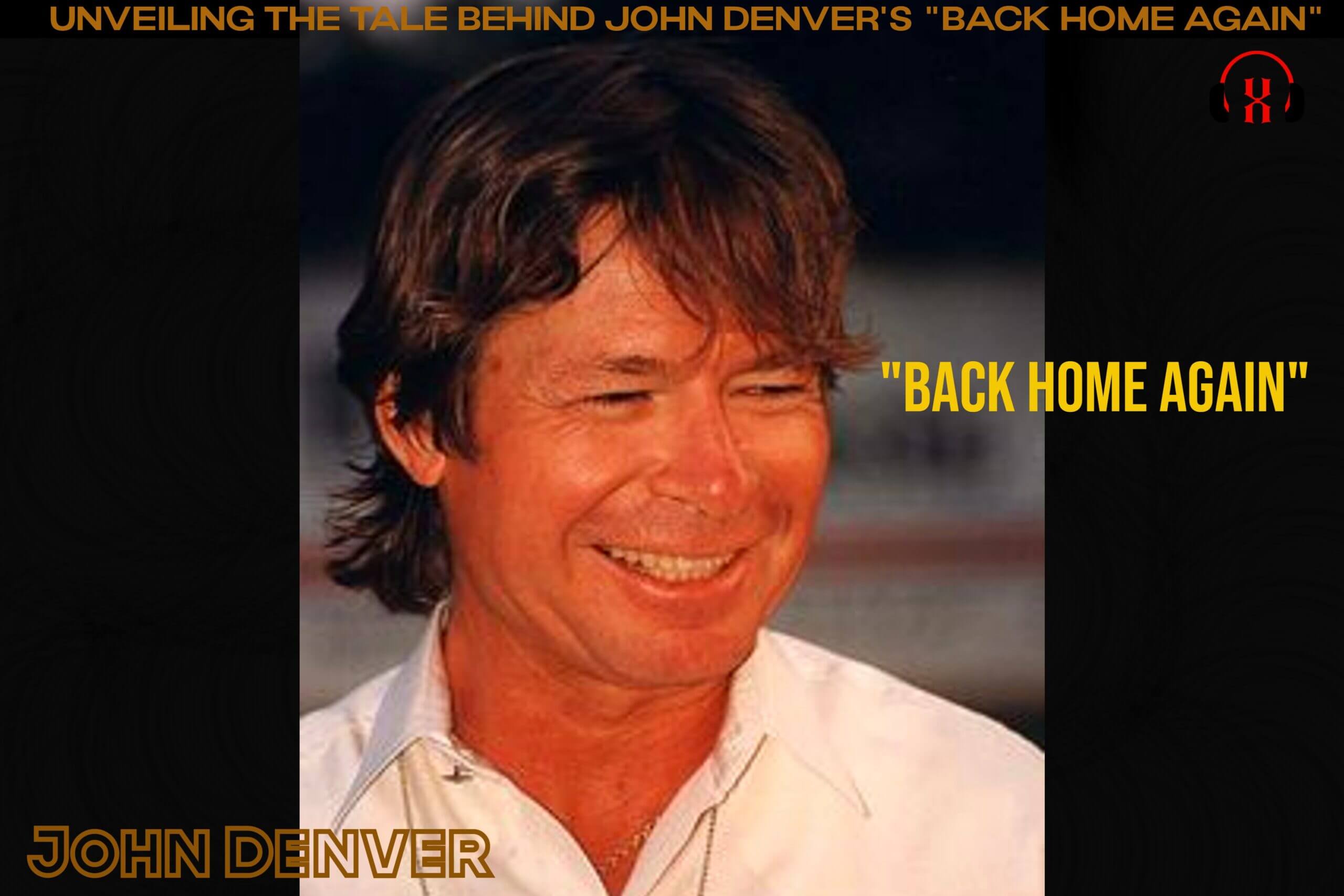
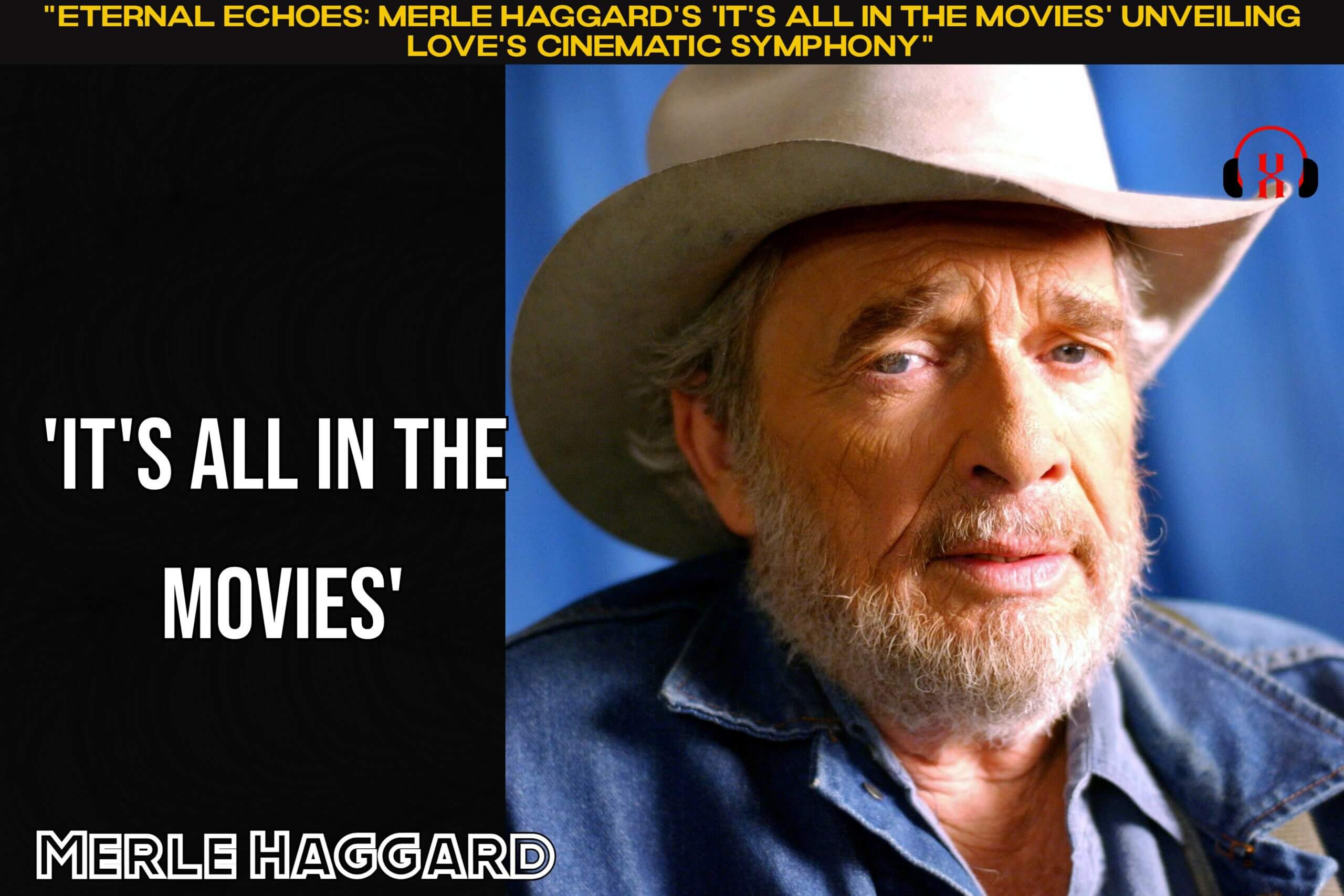
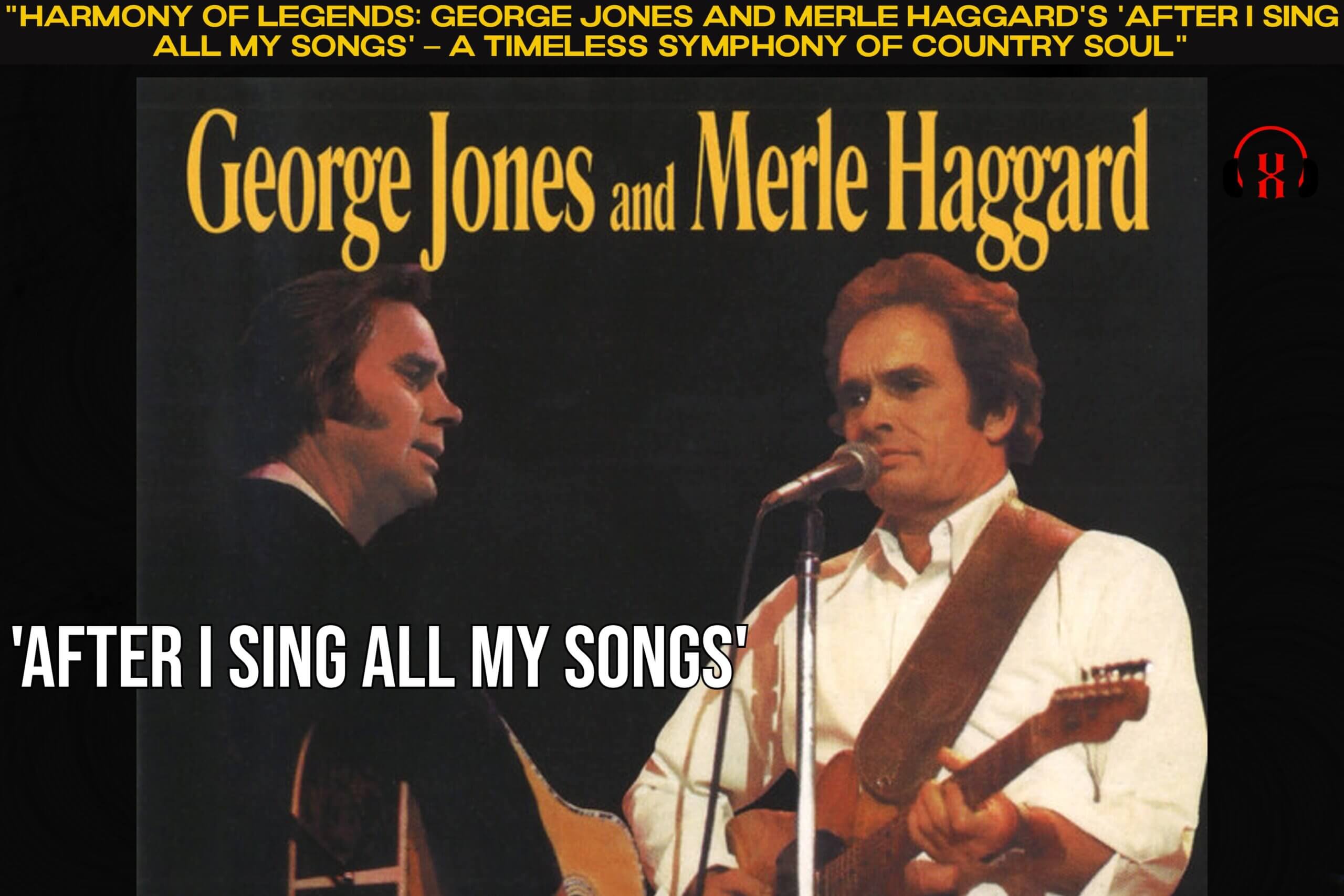
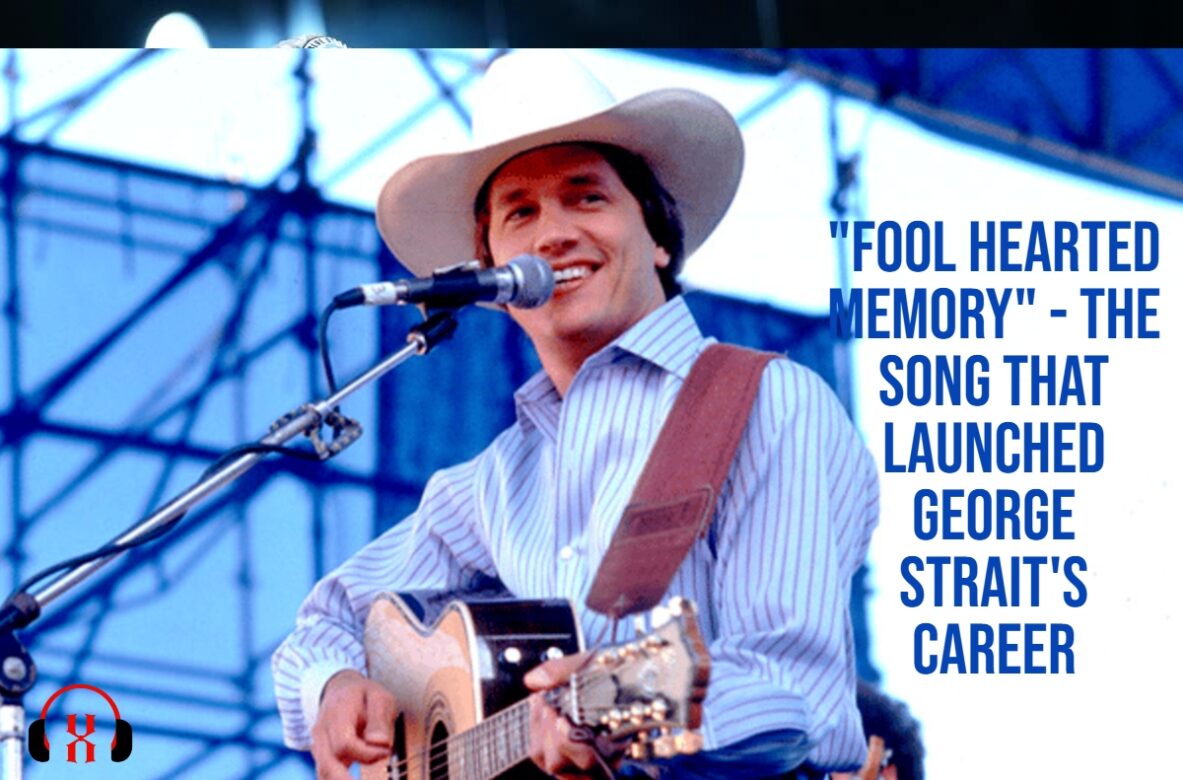
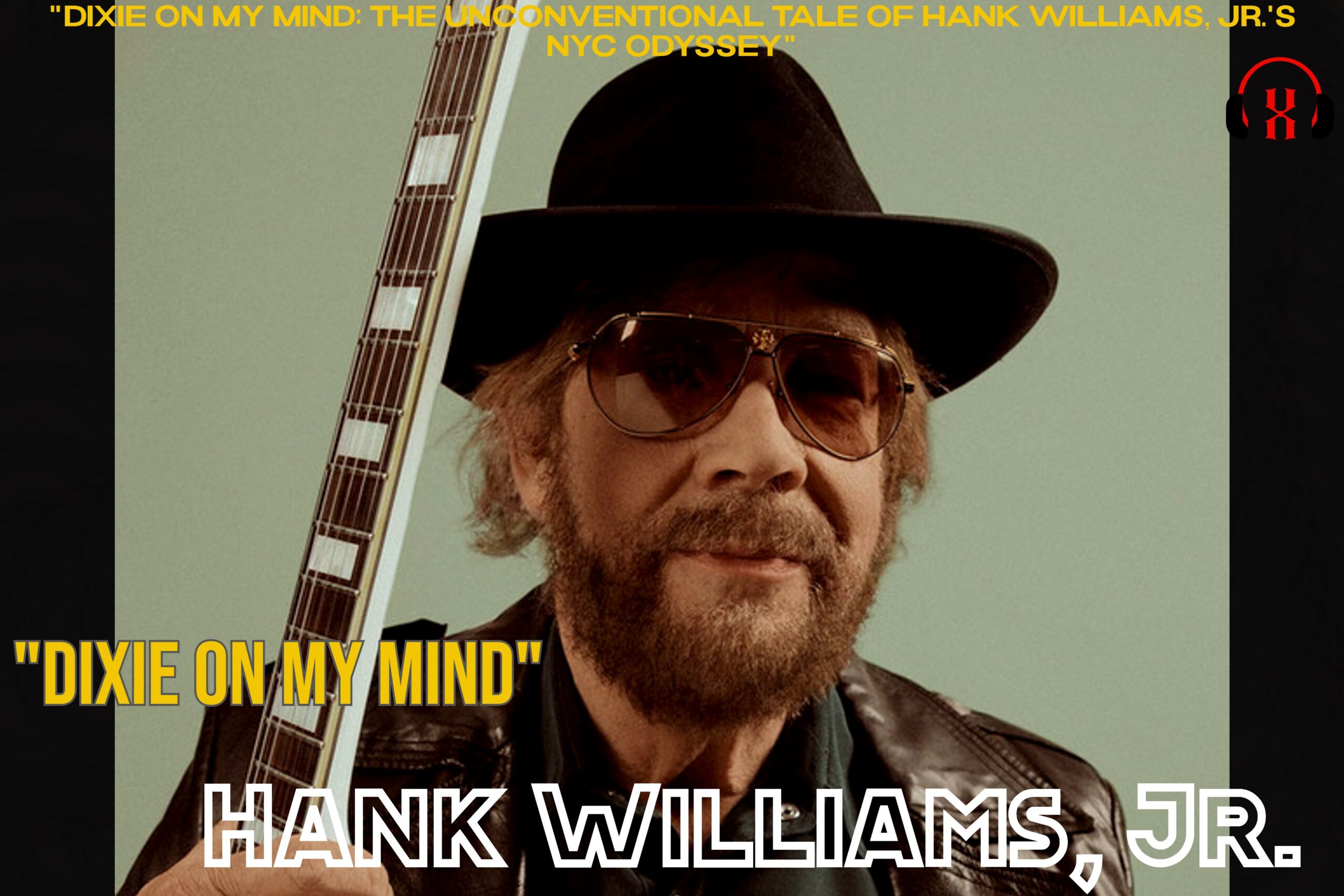
Hello. And Bye.